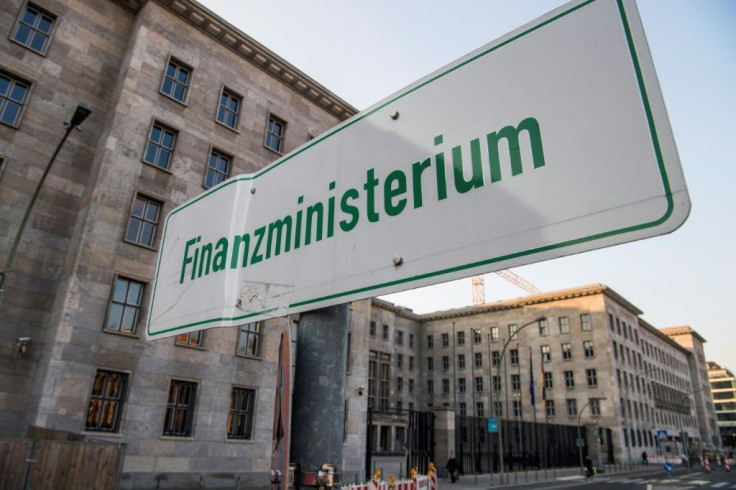Germany On Verge Of Recession? Central Bank Says Economy Stagnating, Merkel Calls For Skilled Migrant Workers

Germany's Central Bank said in a report Monday that Europe's biggest economy will likely stagnate in the fourth quarter of 2019 as the country faced a decline in factory orders and industrial production in October.
"German economic output could stagnate in the final quarter of 2019," the Bundesbank wrote in its monthly report.
The ongoing U.S.-China trade war has hurt German industry, with the German economy heavily relying on exports to China. German automobile manufacturers have had trouble selling their vehicles in the Chinese market amid trade tensions.
Germany is also worried about the prospect of the U.K. leaving the European Union without a deal, known as a hard Brexit. A report in February suggested that 100,000 German jobs are at risk due to a hard Brexit.
Another problem for Germany's economy is a lack of skilled labor. A survey released Monday by Germany's chambers of commerce reported that 56% of German businesses say that the lack of skilled labor was the biggest challenge for their business.
"Many companies in Germany are looking urgently for skilled workers – even at a time when the economy is weakening," Eric Schweitzer, the chamber's president said. There were 1.36 million unfilled positions in the third quarter of 2019.
German Chancellor Angela Merkel said that Germany should do more to attract skilled workers outside of the EU and said, "if we don't, businesses will leave Germany – and we don't want that."
"What is really important is that we are seen in third countries as a country that is open to the world and interested," Merkel said. "Because we are not the only ones in the world who are looking for qualified labor. There is great competition in this area."
In the third quarter of 2019, the German economy narrowly avoided a recession, growing by 0.1%. In the second quarter of the year, the German economy contracted by 0.2%. Two straight quarters of GDP decline is considered to be a technical recession.
© Copyright IBTimes 2024. All rights reserved.





















